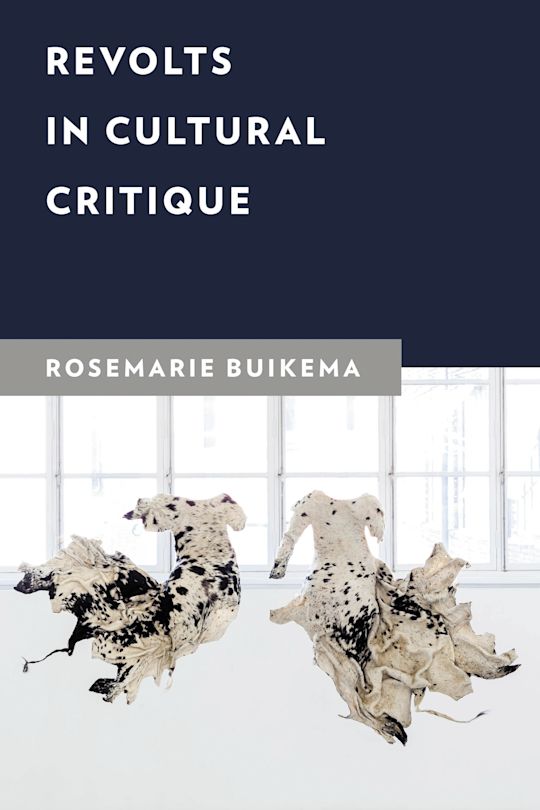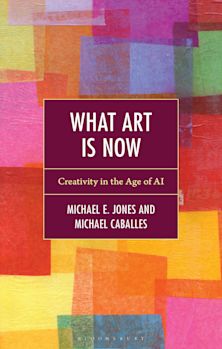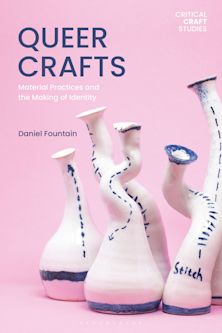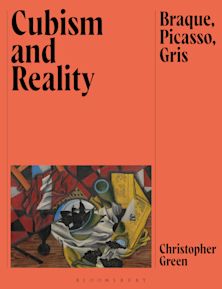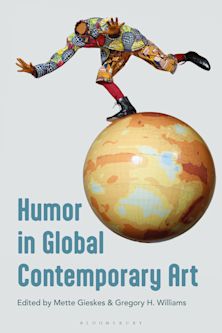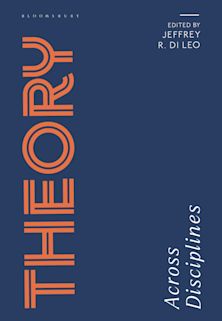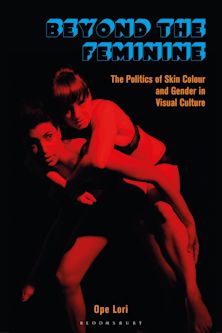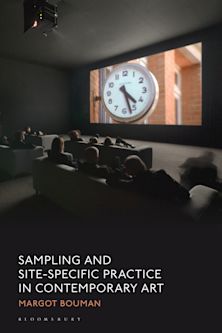This product is usually dispatched within 1 week
- Delivery and returns info
-
Free CA delivery on orders $40 or over
Description
Centered around the relationship between art and political transformation. From Charlottë Bronte and Virginia Woolf, to Marlene van Niekerk and William Kentridge, artists and intellectuals have tried to address the question: How to deal with the legacy of exclusion and oppression? Via substantive works of art, this book examines some of the answers that have emerged to this question, to show how art can put into motion something new and how it can transform social and cultural relations in a sustainable way. In this way, art can function as an effective form of cultural critique.
In the course of this book, a range of artworks are examined, through a postcolonial and feminist lens, in which revolt—both as a theme and as a medium-specific technique or/as critique —is made visible. Time and time again, revolt takes the form of a slow and thorough working through of the position of the individual in relation to her history and her contemporary geopolitical circumstances. It thus becomes evident that renewal and transformation in art and society are most successful when they proceed according to the method of self-reflexive cultural critique; when they do not present themselves as revolution, radical breaks with the past, but rather as processes of revolt in which knowledge of the past is investigated, complemented, corrected, and bent to a new collective will.
Table of Contents
Introduction
Part I
Feminism and Postcolonialism
1. Thinking Beyond the Weight of Tradition: Virginia Woolf's Postcolonial and Anti-Militarist Feminism
2. The Future Perfect of Bertha Mason: Configurations of Gender, Class, Ethnicity and “Race” in Charlotte Bront?'s Jane Eyre
3. Bertha Mason in Labuwangi: Couperus and Colonial Gothic
Part II
Truth and Reconciliation
4. Truth and its Discontents: Reading Coetzee and Van Niekerk
5. A Dress for Phila Portia Ndwandwe: Moving from Krog to Mntambo
6. New Leaders and Old Texts: Recycling the Archive
Part III
Decolonising the Public Space
7. #RhodesMustFall and the Curation of European Imperial Legacies
8. The Folds of History in William Kentridge's Black Box Theatre
Epilogue
Product details
| Published | Dec 10 2020 |
|---|---|
| Format | Hardback |
| Edition | 1st |
| Extent | 204 |
| ISBN | 9781786614025 |
| Imprint | Rowman & Littlefield |
| Illustrations | 12 b/w illustrations; |
| Dimensions | 241 x 161 mm |
| Series | New Critical Humanities |
| Publisher | Bloomsbury Publishing |
Reviews

ONLINE RESOURCES
Bloomsbury Collections
This book is available on Bloomsbury Collections where your library has access.









